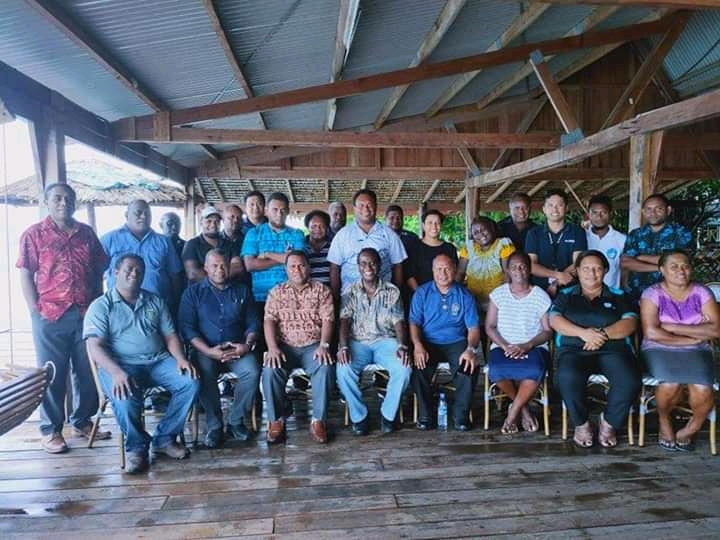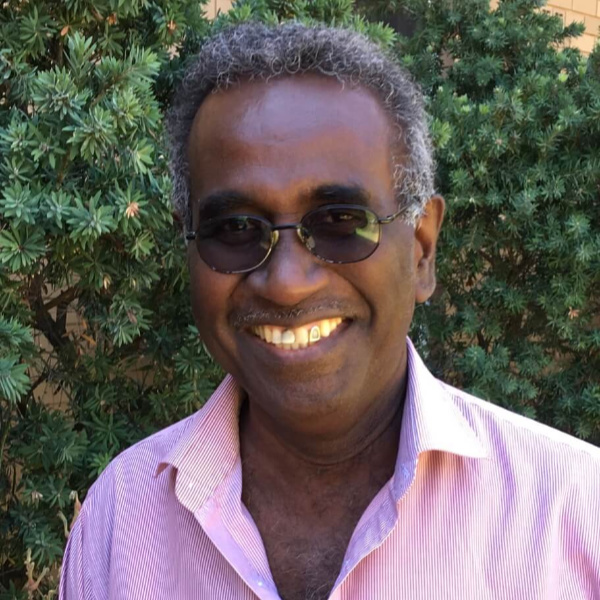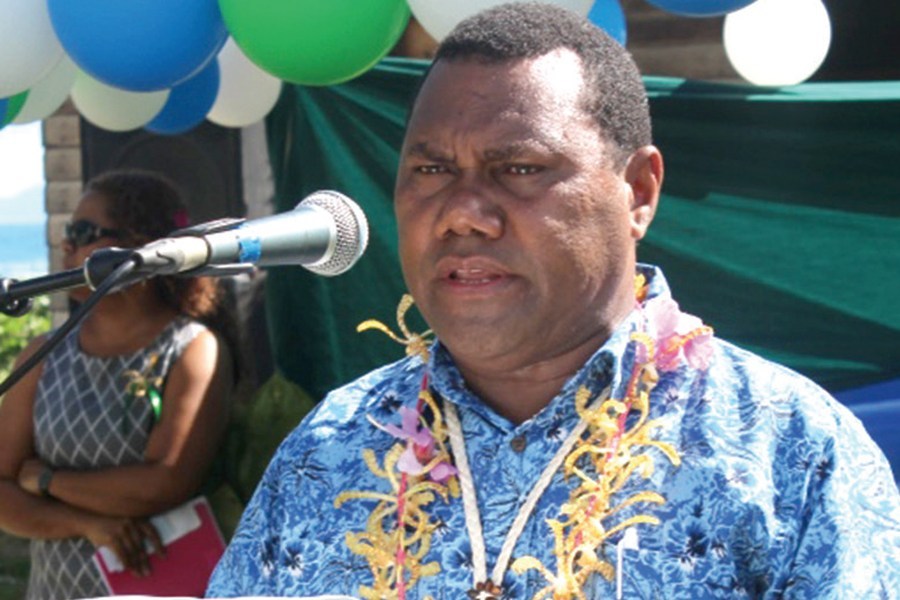21 April 2020 | TUNA PACIFIC
HONIARA, Solomon Islands – In an effort to step up monitoring, control and surveillance (MCS) efforts to improve the management of its tuna fisheries, Solomon Islands will soon be the first state in the region to introduce a digital catch documentation and traceability scheme for the Noro port.
Following a workshop held in March in Munda, Western Province, plans are in place to have Noro port, which will be known as an e-port, conduct a pilot of the scheme.
The port of Noro is the only one in the region with all three types of fleets: purse seine, pole-and-line, and longline. It exports regionally and internationally, shipping whole fish, loins, canned fish, and sashimi-grade tuna.
The workshop involved representatives from the Ministry of Fisheries, customs, health, ICT services, the Forum Fisheries Agency, Soltuna Fishing Company, and National Fisheries Development (NFD).

Noro project will have “regional ramifications”
Local fisheries expert, the founding director of Pacific Catalyst, and the CEO of iTuna Intel, Dr Transform Aqorau, was instrumental in the establishment of the new scheme, which is currently in its infant stage.
“The project will have regional ramifications, as there have been a lot of discussions of a regional catch and traceability system,” Dr Aqorau said.
“The Noro e-port will be able to test the integration of electronic tools available into a pilot in a port-based context, as the starting point for a catch documentation scheme. The Noro e-port will see the digital integration of all port monitoring, compliance and surveillance related activities.
“The data to be integrated will include the requirements of the WCPFC port state measures, unloading data, factory weigh-in, and processed volumes leaving Noro. The system will mass balance inputs and outputs, and will use tablet-based apps,” said Dr Aqorau.
He said markets require transparency along the value chain, not simply assurances about the legality of the catch.
“Soltuna already has a world-class traceability scheme. Industry is leading the way. This is a partnership between the government and industry,” he added.

Pilot project will test integration of electronic tools
The pilot project will be used to test the integration of current electronic tools into port activities, as the starting point for an electronic catch documentation scheme (CDS) that should provide a substantial benefit to the region.
“The recent development of a regional blockchain-based traceability tool that could provide assurances, beyond the regulatory scope from harvest to export, offers a unique opportunity to be integrated in the development, and hence “extend” the range of the assurances provided all the way to the final consumer,” Dr Aqorau said.
Edward Honiwala, the Director of Fisheries for the Ministry of Fisheries and Marine Resources, said the scheme was part of the Solomon Islands Government’s effort to improve compliance.
“The linkage of information and data from the fishing vessels to the market is vitally important for the government. The complete information is important for the government, through the Ministry of Fisheries, to make decisions,” Mr Honiwala said.
He said that tuna was a product in high demand globally, and the local tuna industry had to work in the international arena with both marketing and trade. There were many challenges to face, especially in compliance and monitoring. That made improvements in Solomon Islands’ MCS important.
“This e-port project will be part of our MCS tools. We have a growing tuna industry in Solomon Islands; we have Noro, the tuna hub of Solomon Islands. The Bina Harbour project is also coming up, which the government named as its priority project. With those developments in the tuna sector … we must prepare as well,” he said.

The system would complement other tools used for monitoring the tuna fishery.
Dr Aqorau said the next step was to scope and develop the project. There was still a long way to go, including identifying a developer, but the excitement of the stakeholders and their sense of ownership of the project were encouraging.
He hoped the e-port project would put Solomon Islands at the cutting edge of digitally integrated CDS.
“This will truly put us at the forefront of port state management and enforcement that integrates blockchain technology and other innovative apps, making us a leading tuna innovator,” Dr Aqorau said.

No comments:
Post a Comment